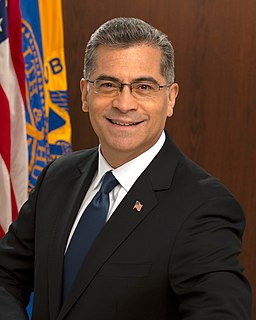A Quote by Noam Chomsky
There are very interesting books about these events, for instance one by a very well-known American historian named William R. Polk called Violent Politics. It's a record of what are basically guerrilla wars from the American Revolution right up through the wars in Afghanistan and Iraq.
Related Quotes
I went out to cover the wars in Iraq and Afghanistan fundamentally [in Buzzing at the Sill] because I was interested in war as a notion and in experiencing it. I was interested in history and how societies form. I was interested in the recent history of what had provoked these wars. So when I finally got out there, I was really seeing the wars through the American perspective, much more than through being embedded with American soldiers and Marines.
All American wars (except the Civil War) have been fought with the odds overwhelmingly in favor of the Americans. In the history of armed combat such affairs as the Mexican and Spanish-American Wars must be ranked, not as wars at all, but as organized assassinations. In the two World Wars, no American faced a bullet until his adversaries had been worn down by years of fighting others.
American media has just become talk radio, incredibly partisan name-calling and op-eds. I think the wars in Iraq and Afghanistan proved it has completely failed to act as an effective fourth estate. And young people didn't sleep through that, as is widely believed; they learned instead not to trust what they were being told.
If we finally chose as a country to take responsibility for the wars that we believe we must engage in, and rather than borrow money to exercise that authority to go to war, we actually pay for these wars, that would save us over a trillion dollars, because that's what we have spent in Iraq and Afghanistan - all through borrowed money.
It will take time to eradicate a cancer like Isil. And any time we take military action, there are risks involved - especially to the servicemen and women who carry out these missions. But I want the American people to understand how this effort will be different from the wars in Iraq and Afghanistan. It will not involve American combat troops fighting on foreign soil.
All wars of interference, arising from an officious intrusion into the concerns of other states; all wars of ambition, carried on for the purposes of aggrandizement; and all wars of aggression, undertaken for the purpose of forcing an assent to this or that set of religious opinions; all such wars are criminal in their very outset, and have hypocrisy for their common base.
For Americans, Poland has been a symbol of hope since the beginning of our nation. Polish heroes and American patriots fought side by side in our War of Independence and in many wars that followed. Our soldiers still serve together today in Afghanistan and Iraq, combatting the enemies of all civilization.For America's part, we have never given up on freedom and independence as the right and destiny of the Polish people, and we never, ever will.






































